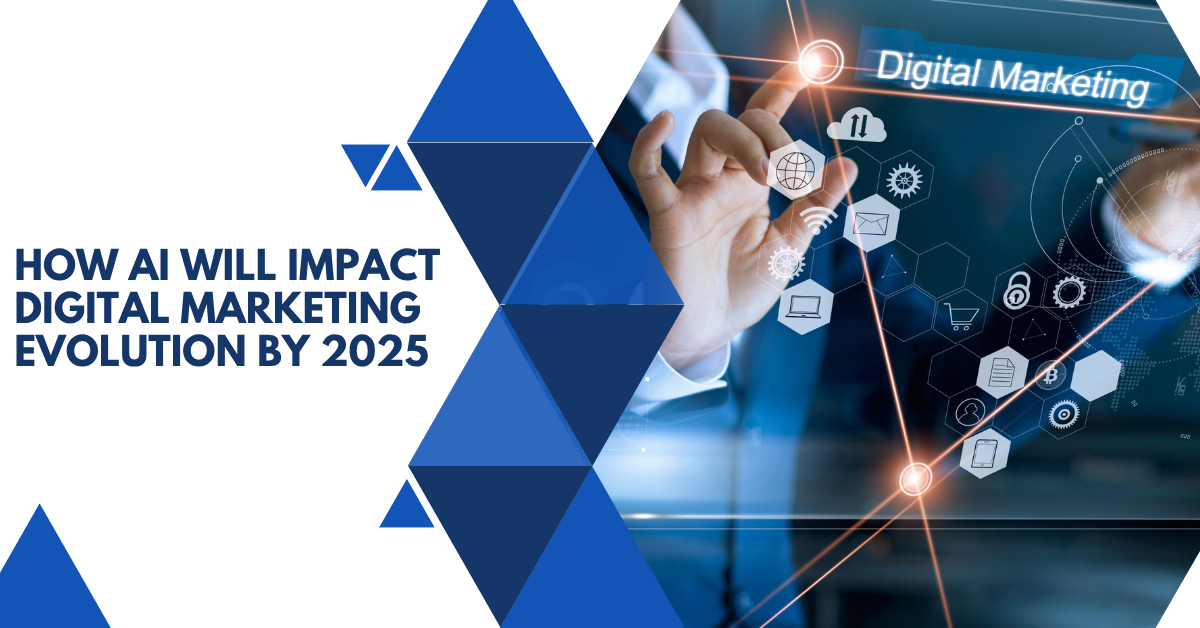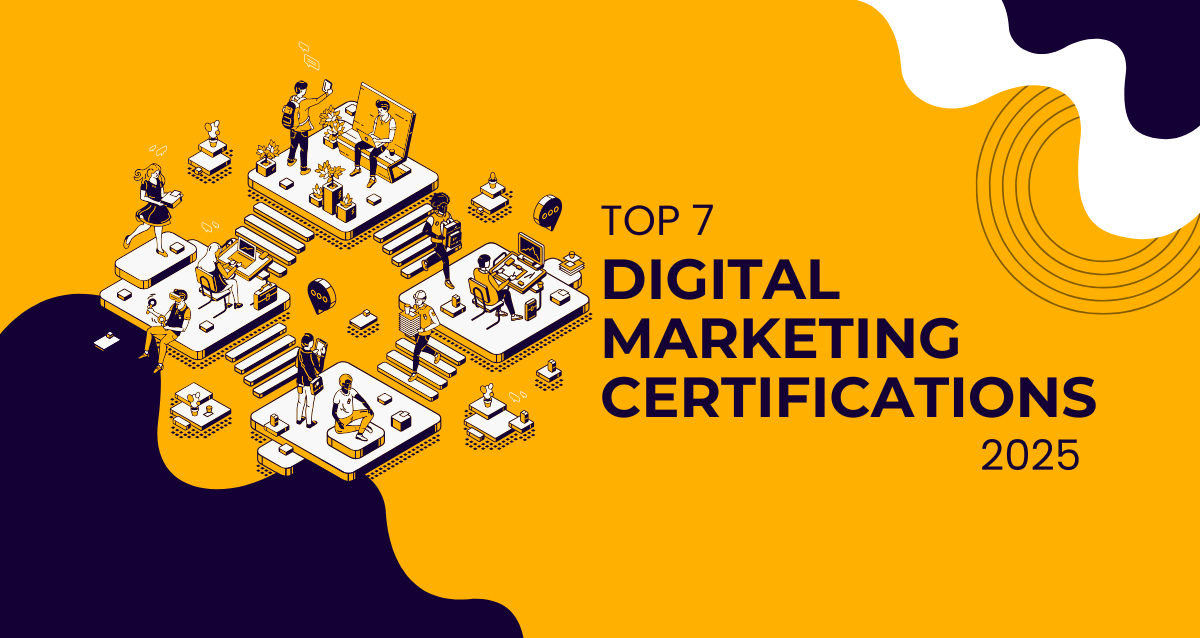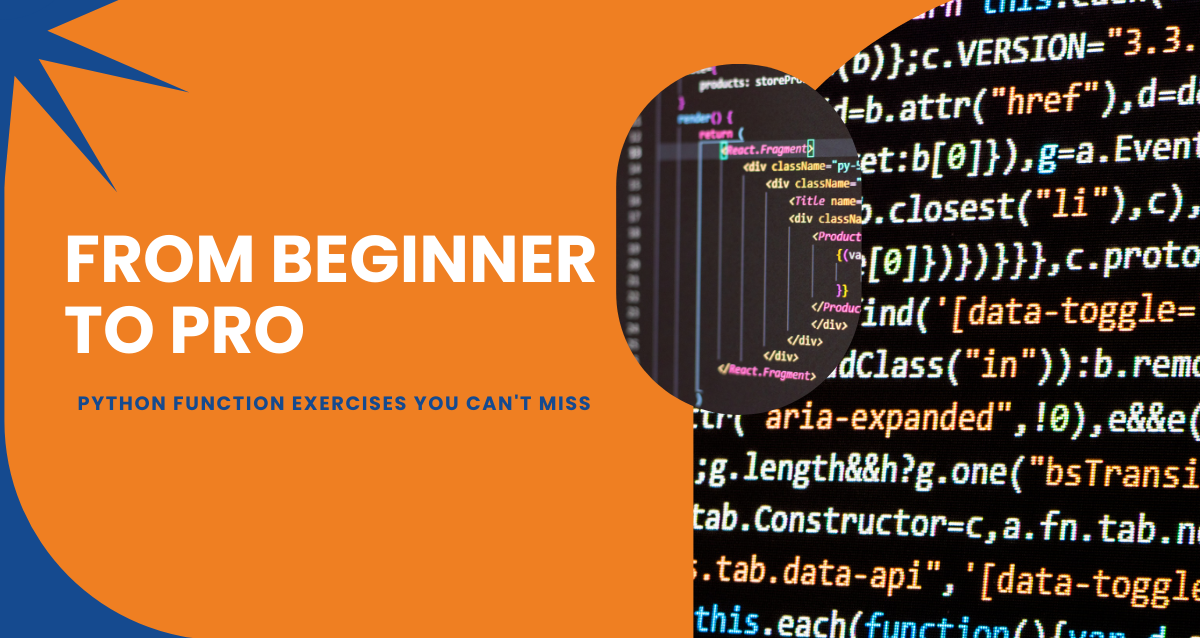
 27-Jun-2025
27-Jun-2025
We are already witnessing the effects AI technologies have on innovations in the digital marketing world, especially in transforming the way brands interact with their audiences. As branding and audience engagement shift toward a more automated system, it relies heavily on artificial intelligence which predicts future events based on raw data.
In this article, we discuss opportunities provided by emerging technologies as well as challenges ahead for the marketers touchpoint systems where everything revolves around customers behavior.
AI technologies have ushered in the advent of hyper-personalization. With their implementation, marketers are now capable of providing unparalleled individualized experiences to customers utilizing machine learning and predictive analytics technology. By the year 2025, hyper-personalization is estimated to go further than mere segmentation based on a more proactive and responsive strategy. AI will have the ability to analyze vast datasets like consumer spending, browsing history, and other relevant information to create customized messages and offers tailored to each individual.
These tools, which nowadays use machine learning algorithms to fathom the psyche of consumers, accurately predict and understand their behavior, particularly in terms of engagement for businesses, as well as improving conversion rates remarkably. Brands will be able to rethink how they interact with customers, which will reshape client relations beyond what many envisioned a decade earlier.
According to recent forecasts, by 2025, chatbots equipped with artificial intelligence will transform into smart, intellectually advanced assistants proficient in executing extensive tasks related to customer service. These chatbots fueled with natural language processing (NLP) systems will be able to tackle complicated inquiries, offer products, and offer post-purchase assistance engaging in dialogues which are a mix of conversation and human-like interactions on a personalized level.
The effects of AI on content creation processes is already felt, and by 2025, it will have entirely transformed the approach marketers take towards content. From writing articles to composing social media posts, briefs for videos, and even full-fledged videos; with the use of the right tools, AI pays attention even to minute details. With improvements in technologies due to advancement, machines would not only replicate human-made content but also sync with brand-specific attributes which require adaptive voicing and toning.
With the advent of tools that aid in the automatic generation of content focusing on specific parts brings positive changes allowing significant automation benefits. This translates to better quality while working smarter rather than harder—from a marketer’s perspective execution framework effortlessly enables diversified nuanced reach through bootstrapped accounts structured around target audience needs and individual conversations where automated middle tier handles fine-tuning from corporate level downwards increase experiencing value offers meeting expectations efficiently driving deeper consumer connection facilitating unlock shift providing drivers marketers unlocking prime accessing ultimate impact relationships scalable immediacy augmenting conversation clicked penetrating deeply segmentation granules vision extract forming contact feel personalization reshaping spanning cross-time multi-context maneuverability immediacy targeting unbending heuristic pivots flexible in position!
AI technologies now assist with analyzing collection datasets and forecasting potential results. In 2025, AI implemented predictive analytics will become an essential tool for marketers. Marketers will be able to accurately forecast consumer habits and detect evolving market dynamics after considering historical data.
AI will also allow for budget allocation accuracy. Marketers will no longer have to use trial-and-error methods since AI will help them select proper channels, creatives, copy, strategy and other ingredients that guarantee measurable results. The end of campaign guesswork achieved through precision data analysis will yield more effective marketing spend and increasing ROI.
It’s clear that the future of advertisement is AI-powered. We have already seen the emergence of programmatic advertising; a self-contained ecosystem algorithm that buys and places ads. By 2025, AI will be even more helpful in defining advertising optimization. With AI systems, marketers will be capable of automating bidding optimization, ad placement, and targeting refinement. At present performance forecasting happens only on a human level.
AI can track users activities on different websites and can suggest appropriate times as well as best levels for display ads pay-per-click services. What’s more, consumers are bound to lose interest over repetitive advertisements which results in ad fatigue. Artificial intelligence will work towards minimizing this fatigue by dynamically updating campaigns keeping them fresh.
Due to AI’s growing influence in digital marketing, privacy and data security issues will undoubtedly come under scrutiny. As we’ve seen lately, a vast amount of information is collected daily on companies, clients, customers, sellers, and social media users using various technological means and tools, raising sobering questions about its appropriate use or potential abuse. Digital marketers need to consider these issues, particularly with the rapidly changing landscape of data governance policies.
From January 1st, 2025 onward, consideration of legal frameworks containing provisions regulating artificial intelligence will apply to all firms. Automated systems such as chatbots face an uphill battle meeting the privacy requirements of consumers during interaction. Marketers must prioritize valuing customer trust and avoid exposing them by granting unauthorized access to their private spaces, such as personal dossiers or folders on file tools.
In the forefront of technology evolution, we will see immense potential and use of marketing + innovations such as AR, augmented Reality, VR and virtual Voice Search Technologies. Further developments in branding through Augmented Virtual Reality (ARVR) technologies will empower AI to intertwine product advertising with real-life scenarios. Using Artificial Intelligence meant powered (VR), consumers can enjoy unparalleled shopping experiences on a unique level never Before Visualized.
Another example for impactful application of AI is VR as it relates to search engines. As digital ads dominate marketplace platforms, creating an ad-free, consumption-driven ecosystem, we will witness voice-controlled, automated accessibility paired with Personal Digital Ego Agents on June 7th, 2024.
As we draw to a conclusion, it is worth noting that AI is already revolutionizing digital marketing and its influence will be even greater within the next two years. With the advancement of AI solutions, marketers will find it easier to develop more personalized and efficient campaigns which improves customer interaction while enhancing ROI. As with any innovation, there linger ethical concerns surrounding consumers’ trust with works in promotions. Marketers must carefully navigate these uncharted AI waters in marketing, especially as technology continues to evolve.
AI currently stands as the peak frontier for innovation in digital marketing however it will provide opportunities for businesses willing to adapt and incorporate change.
Learning 360 Bytes remains dedicated towards providing all encompassing insights together with top tier resources sought after by marketers wishing not only to understand but utilize AI tools in this fast changing world of global marketing.


19-Sep-2025


9-Sep-2025


14-Aug-2025